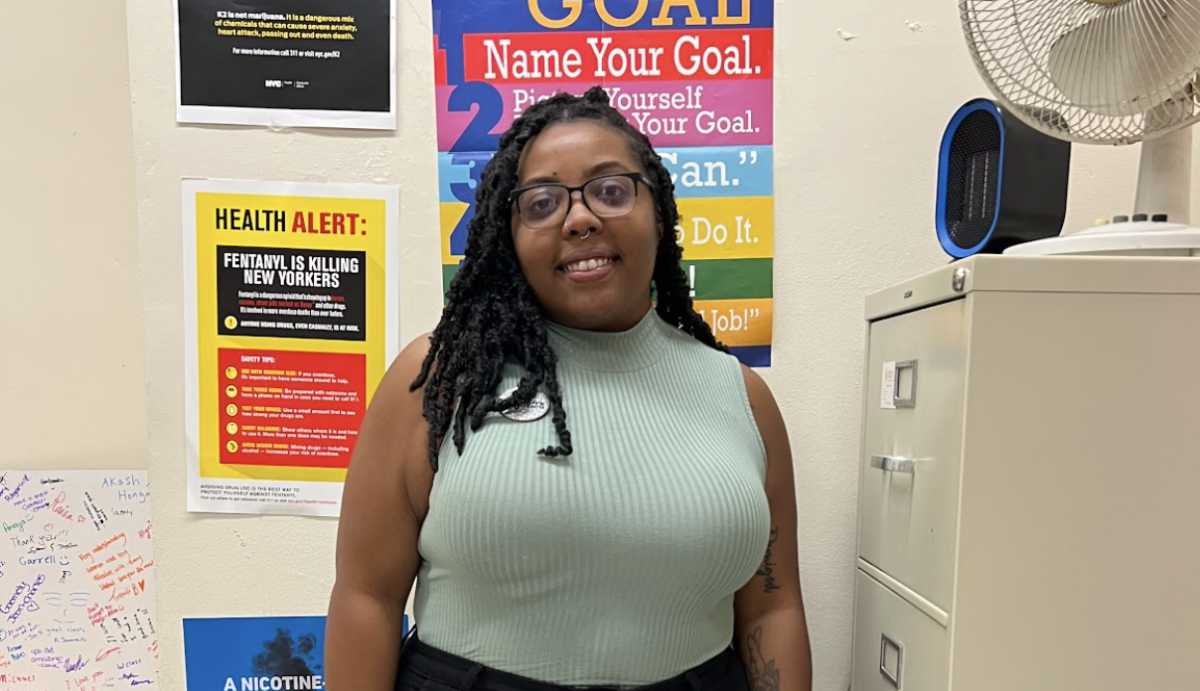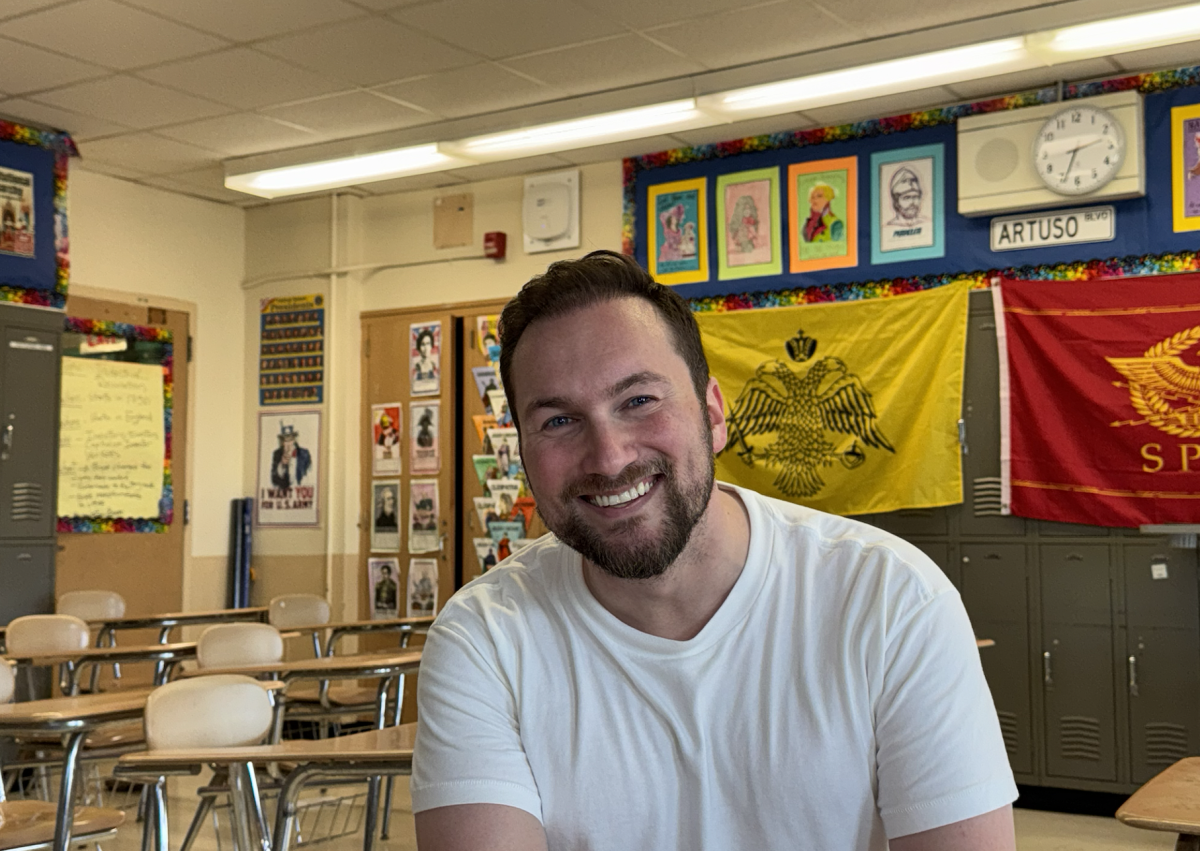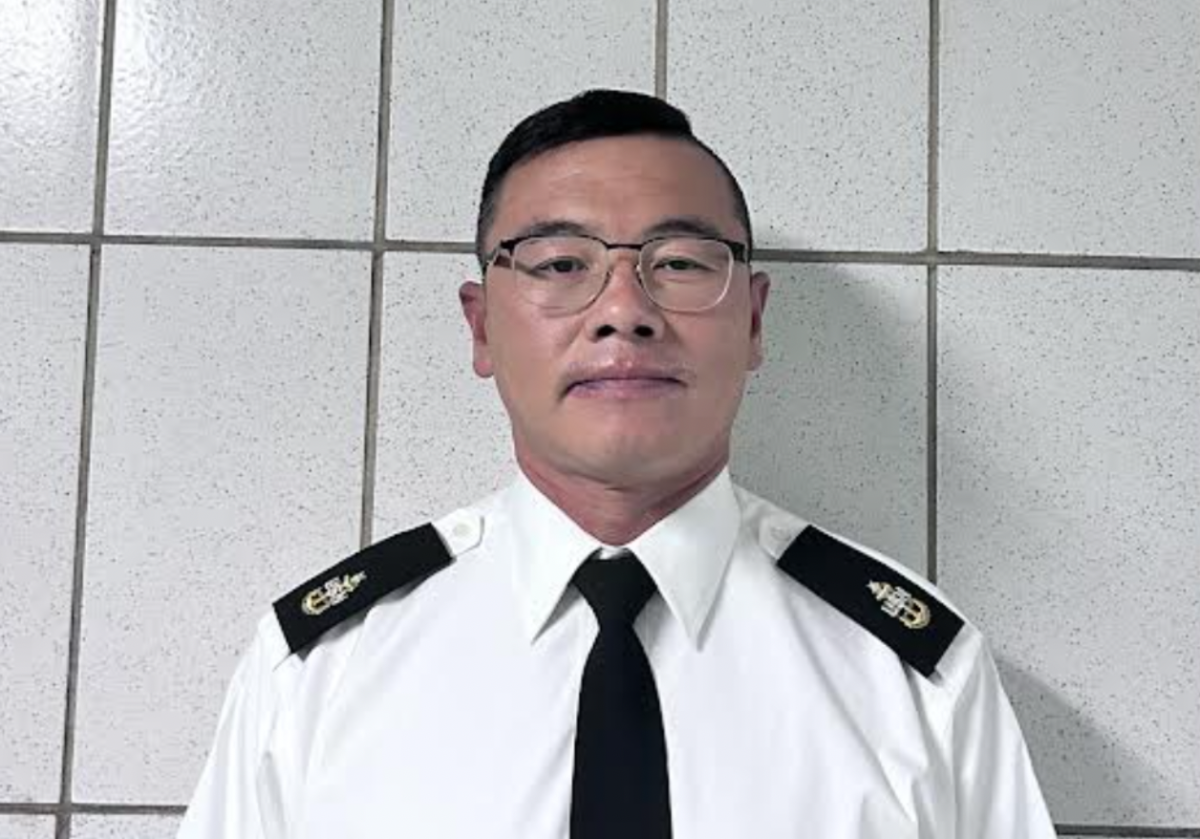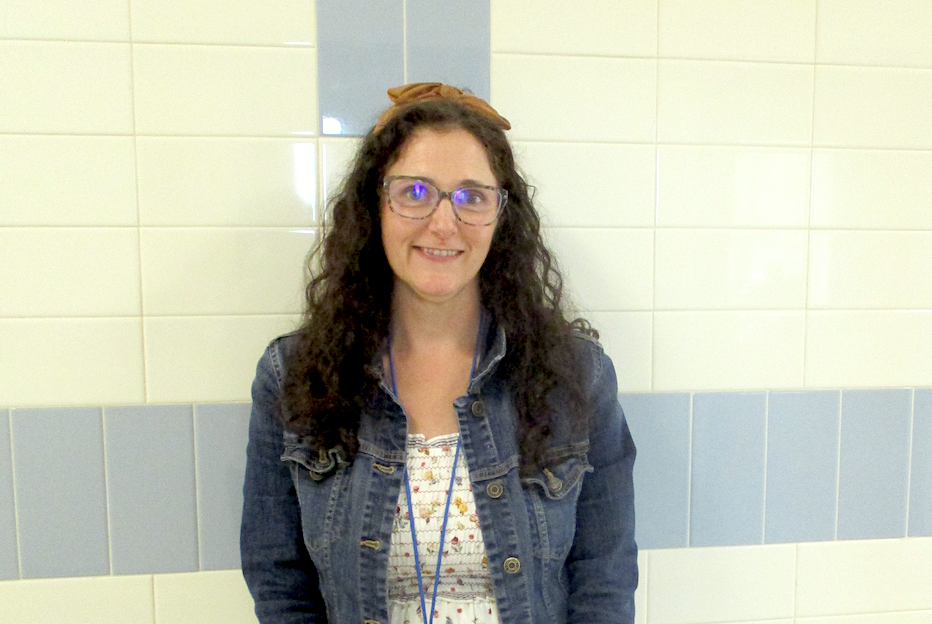Iffat Habibah, Alice Lin, Jonathan Too
September is National Suicide Prevention Awareness Month. Mental health is a very important topic for everyone, but it is especially important for adolescents and teens. To better understand the importance of mental health, we sat down with Ms. Osborne, SPARK and mental health counselor at Cardozo. She specializes in helping victims of substance abuse and preventing these problems. As well, she serves as a counselor and safe space for students. Many students come to talk about their struggles here, as she is a mental health professional. Her office is located in the Guidance Office, Room 121.
Q: How often do students come to your office to talk about your mental health?
A: I would say students probably come to talk about their mental health on a daily basis. Almost on a daily basis if not every other day.
Q: What would you say is the most common mental health problem that affects teenagers right now?
A: As of right now a lot of people, a lot of student’s parents in strict households, a lot of students who are overwhelmed with school. Social media plays a factor and students dating and other relationships definitely interfere in a student’s mental health.
Q: Do you think Covid-19 had a massive impact on that?
A: Covid had a huge impact on us, especially students’ mental health. I feel like students are almost a few years behind their actual age and grade because of staying in the house and being around maybe abusive family relationships and friendships. So, all of that played a huge factor in mental health.
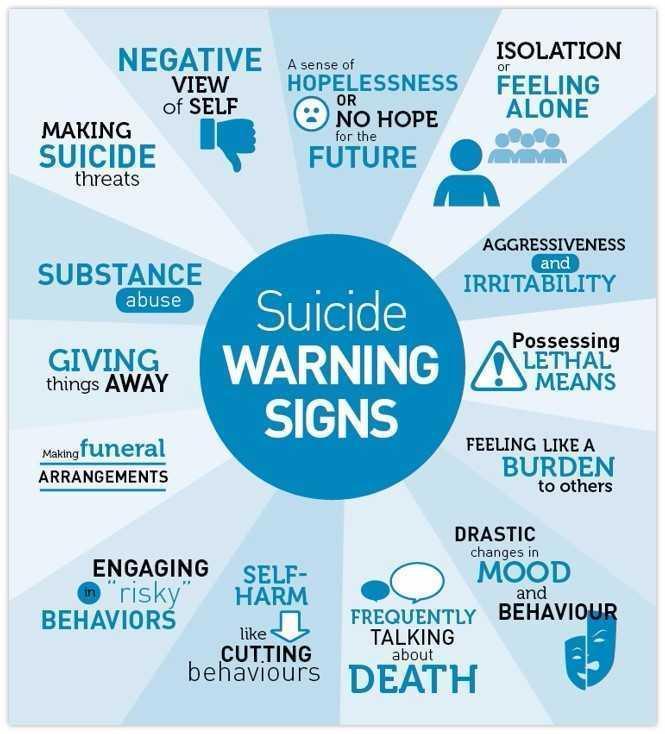
Q: So I know that, while researching, a lot of students reported that they had a lot of depression during Covid because they could not afford to buy food. Do you think that it is something students go through in Cardozo?
A: I think that with or without Covid, the lack of resources has a huge impact and a reason why students are maybe suicidal or having a mental decline. This has been before Covid, lack of clothing, lack of food, lack of shelter, lack of family support, and the lack of many different needs that it takes for a child to be successful definitely has impacted their mental health.
Q: What causes depression in teens? Does age, gender, where they come from, and family affect one’s mental health?
A: All of that. It’s everything, where you grow up, your community, the music that we listen to, the food that we eat, the junk food, the TV that we watch, there are a lot of things that impact us. There are a lot of impacts of day to day things we don’t consider which affect us. It’s not one or the other, it is all of it as a whole.
Q: What would you do to stop suicidal thoughts? What would the school do, there is a lot of stigma around mental health, how could students find a way to confide in guidance counselors?
A: We do have to keep in mind that employees here who work for the DOE are mandated reporters, so if you say certain things that may look like you are being neglected or you are in a situation that may escalate.
If you are looking to build support and trust, there are several people here like myself who cannot call parents. There are resources here for you, I think we just have to ask the right people. So for me, as a mental health specialist, I am able to give referrals, I am able to give service, I am able to be a confidant as well.
I just think it is a matter of being educated on the services because maybe a lot of students at Cardozo do not know where to go, but the services are here. We have social workers, we have therapists, we have psychologists, we have myself, a mental health substance abuse counselor. The resources are here and if you need that I will absolutely lead anyone in the right direction.
Q: How do you help teens stop and prevent suicidal thoughts?
A: Education. Education is so important—what we don’t have a lot of classes on is how to navigate life. I know we have a Life 101 class, but we need more people like that, more classes like that, and more people like me to educate how to budget, how do you pay a mortgage, what is credit, what is a credit card, how much do bills cost, how do you get financial aid?

There is a lot of education that goes into prevention and so my job is to educate you all and hope that you take what I teach you and apply it to different areas of your life. I have a saying, “you can lead the horse to the water but you can’t make them drink.” I can educate and it is up to you to take that education—to apply that to yourself.
Q: For children trying to hide their suicidal thoughts or depression, what tip would you give them that would be most helpful?
A: Closed mouths don’t get fed. It is very hard for us to be vulnerable about the things that were are going through but say something, like if you say one thing to me that triggers that maybe this person is suicidal.
I am going to help you and support you in the best way I can. I definitely say that speaking up and saying something, if you are not comfortable to do that, you have to do something to make yourself better. So is that joining a sport, joining a club, listening to music? Those self care things, if you are not comfortable talking, you have to be aware that you are not comfortable and you have to make an action or plan of doing something for yourself- to get yourself to a good place.
Q: What is the most effective thing you could do to get people talking about their mental health?
A: For me, I just get personal with people. I make jokes, I make you feel comfortable, safe, I make you feel related to. And so I think if I am able to give you that comfortability, you are naturally going to want to tell me. Right so, I think all these new counselors and educators coming into this field- they have to try to implement the same thing.
Make the kids feel safe, make them feel seen, make them feel hard, connect to them and you guys are going to naturally open up because that space is safely created for you.

